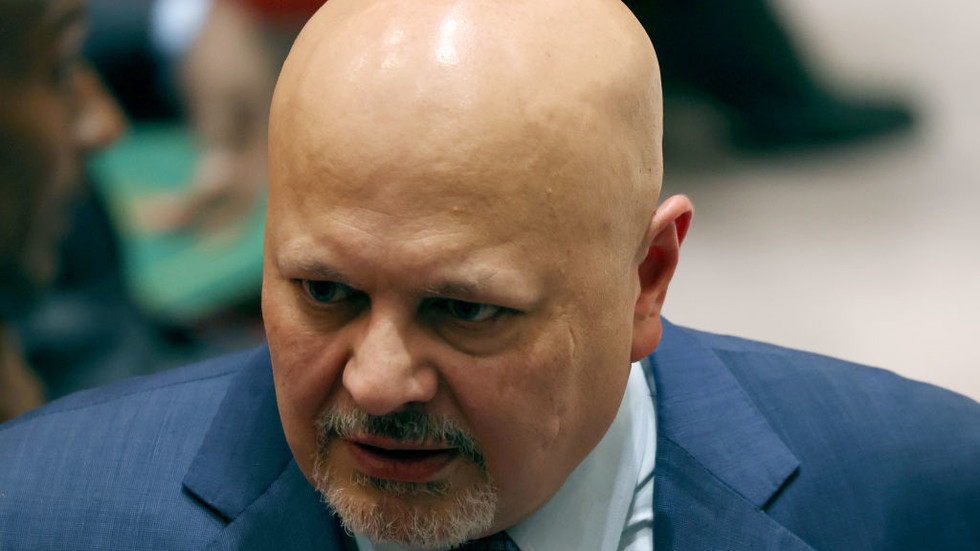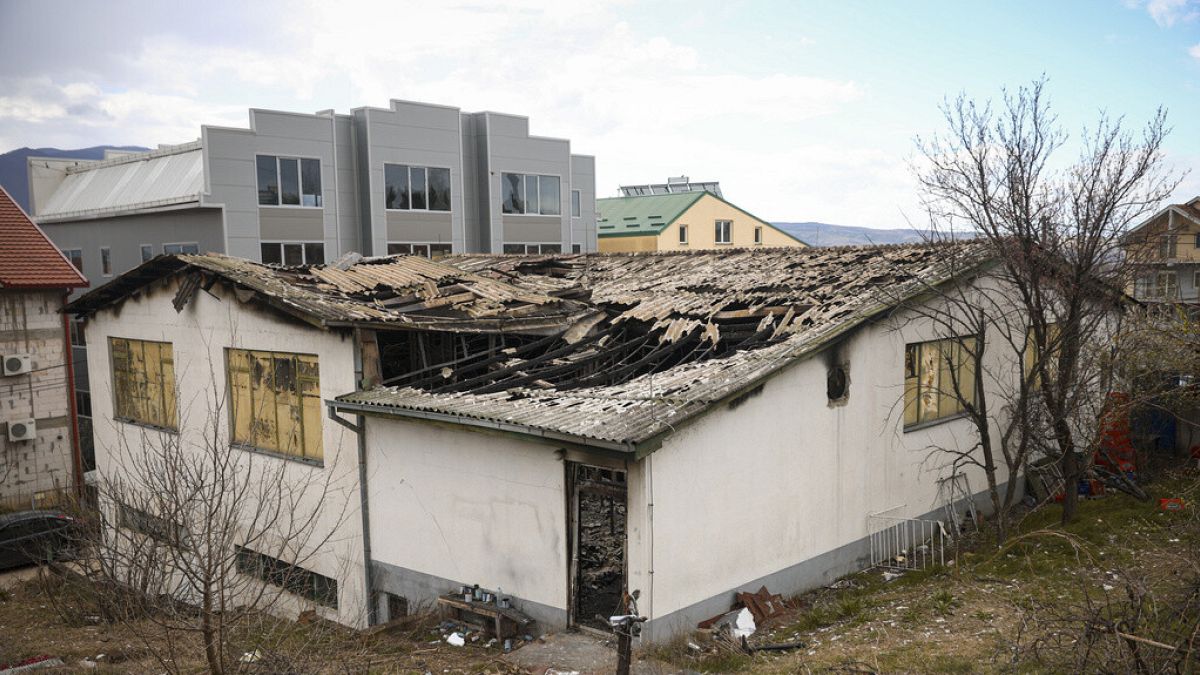By Laszlo Seres & Sertaç Aktan
Moldovan citizens will vote on whether to formally add EU membership aspirations to their country's constitution. A win for pro-Europeans and Maya Sandu’s re-election could increase tensions with pro-Russian separatists.
Moldovan citizens are headed to the polls on 20 October to determine the future of the country's European path.
They will be voting in the presidential elections and in a referendum to include European aspirations in the constitution.
The National Electoral Commission's choice to schedule two important votes on the same date has a clear motive: to involve the population as much as possible in a fundamental choice about Moldova's destiny.
As things stand, Moldova's national institutions and its sitting president, Maya Sandu, are strongly oriented towards the EU and the West. The re-election of Sandu to a second term as head of state and a victory for the pro-European side in the referendum would mark a definitively break with the past — in particular the pro-Russian presidency of Igor Dodon.
According to the latest polls, Sandu is the favourite to win the presidential race, while a majority is expected to vote in favour of EU accession.
However, such a result could also lead to further tensions, as there is a de facto control of pro-Russian separatists in the eastern regions of the country. That is why voting is expected to be in a tense atmosphere.
The Kremlin opens its toolbox
In an interview with Euronews, the Moldovan deputy prime minister, Cristina Gherasimov said the government is currently able to manage stability — including in the restive Transnistria region on the Russian border, where pro-Russian separatists have long been catered to by the Kremlin.
“There were many concerns about the Transnistria region being destabilised. In the last couple of years, particularly since Russia invaded Ukraine, we've managed to keep the situation calm and stable for the country and we hope to continue doing the same.”
But Gherasimov also said Russia is using a variety of means to influence Moldovan voters ahead of the weekend's election.
“We have seen, unfortunately, a full-scale operation using the classical toolbox of the Kremlin, but at the same time applied at an unprecedented scale."
"We see dirty money flowing into our politics and the use of local proxy parties to destabilise the situation, to bribe potential candidates and also voters in the elections. And of course, we see a very, very strong disinformation campaign, with propaganda primarily targeting the EU.”

 5 months ago
60
5 months ago
60




 We deliver critical software at unparalleled value and speed to help your business thrive
We deliver critical software at unparalleled value and speed to help your business thrive






 English (US) ·
English (US) ·